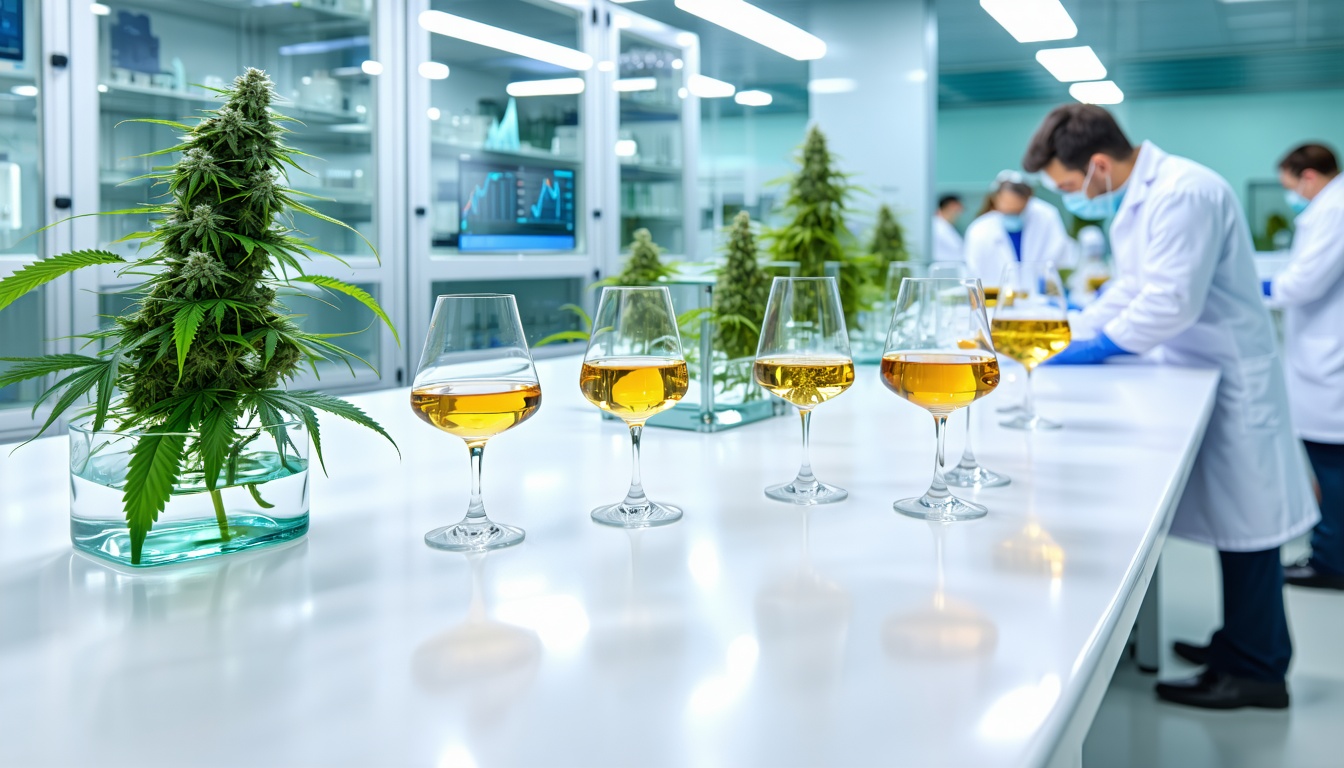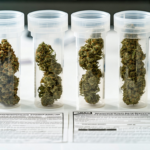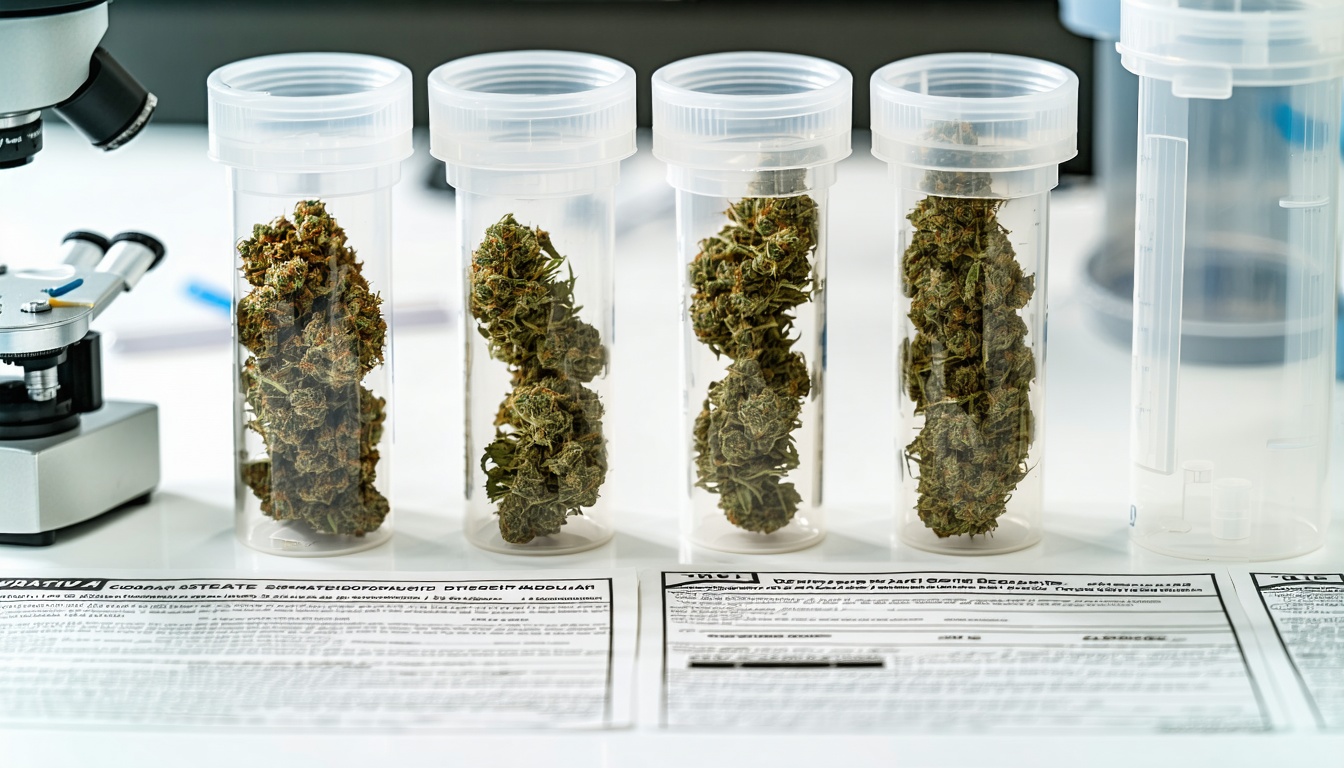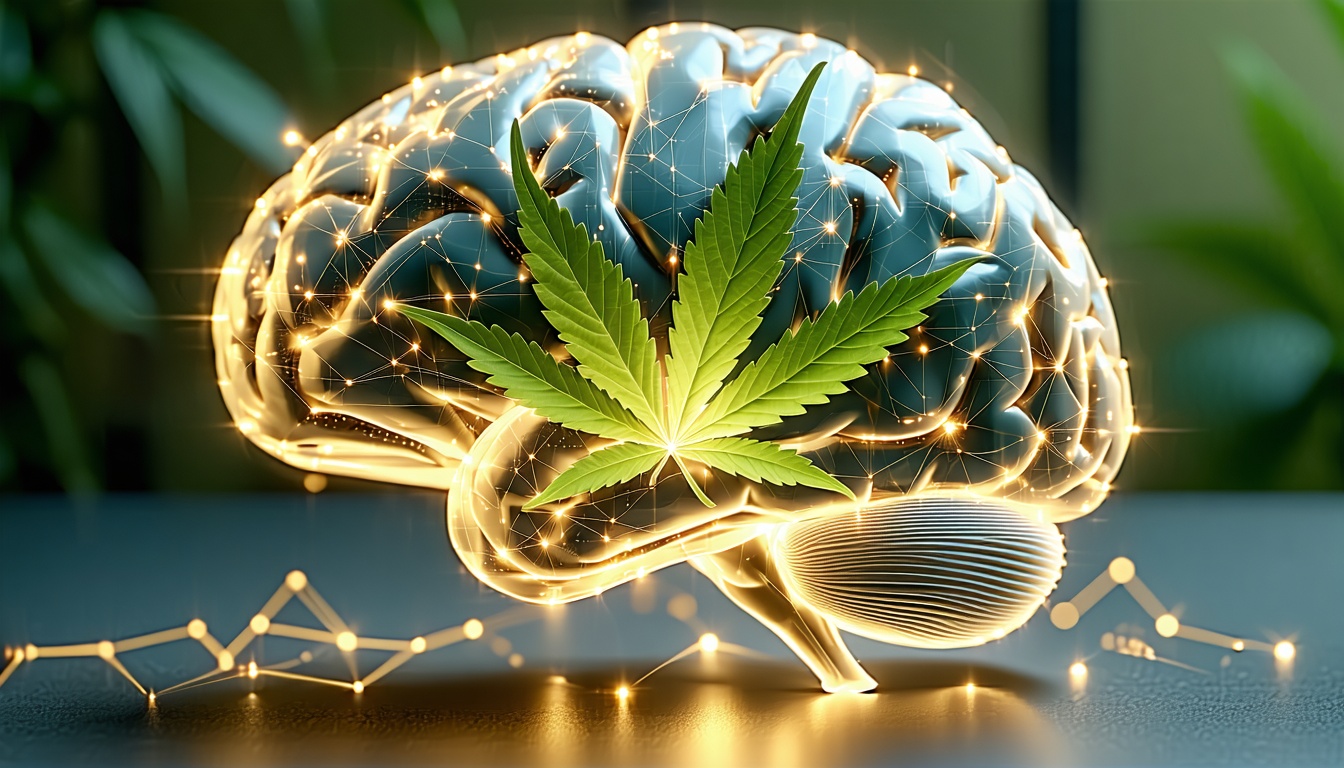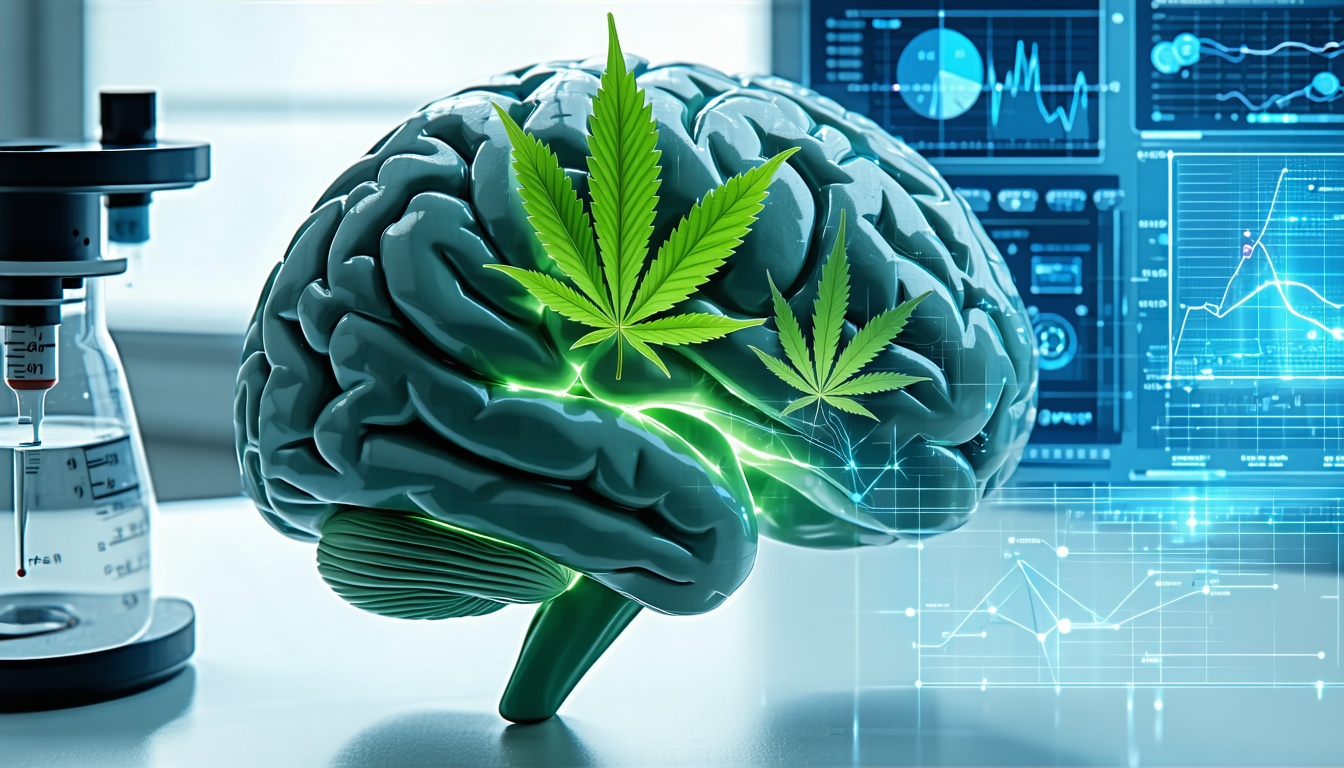Scientists Investigate Whether Weed Can Help Reduce Drinking
A recent study published in the American Journal of Psychiatry has found that smoking marijuana may lead to a decrease in alcohol consumption. The research, conducted by a team at Brown University, involved a unique experiment where participants were given joints and free drinks to see if the idea of “California sober” – swapping one substance for another – holds up under scientific scrutiny.
The study found that participants who smoked marijuana with higher levels of THC (the psychoactive compound) drank 27% less alcohol compared to those who smoked a placebo. Those who used lower-potency cannabis drank 19% less. The participants who used marijuana also delayed their drinking.
The researchers, led by Professor Jane Metrik, are cautious about making recommendations based on their findings, stating that they are not ready to suggest that people seeking treatment for alcoholism switch to marijuana. However, the study provides some of the strongest data yet on the relationship between cannabis and alcohol consumption.
The experiment involved three separate sessions, where participants were given either a high-potency, low-potency, or placebo cannabis joint. They were then allowed to drink up to eight mini-drinks in a “bar lab” setting. The results showed that participants who used marijuana delayed their drinking and consumed less alcohol overall.
The study builds on previous research that has suggested a link between cannabis and reduced alcohol consumption. However, the new findings are significant because they were obtained through a controlled experiment, which provides stronger evidence than observational studies.
While the results are promising, experts note that there are limitations to the study. For example, the participants were mostly individuals with cannabis use disorder and alcohol use disorder, which may not be representative of the general population. Additionally, the study did not examine the long-term effects of using marijuana to reduce drinking.
The researchers acknowledge that cannabis is not a harm-free substance and that it can have negative effects, such as impairing cognition and memory, triggering gastrointestinal issues, and increasing the risk of psychosis.
The study’s findings raise questions about the potential benefits and drawbacks of using marijuana as a substitute for alcohol. While it may be a viable option for some individuals, it is important to consider the potential risks and benefits of this approach.
As the popularity of cannabis continues to grow, more research is needed to fully understand its effects on behavior and health. The study’s findings provide a valuable contribution to this ongoing conversation and highlight the importance of further research into the complex relationship between cannabis and alcohol use.

